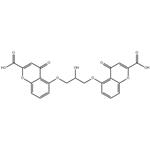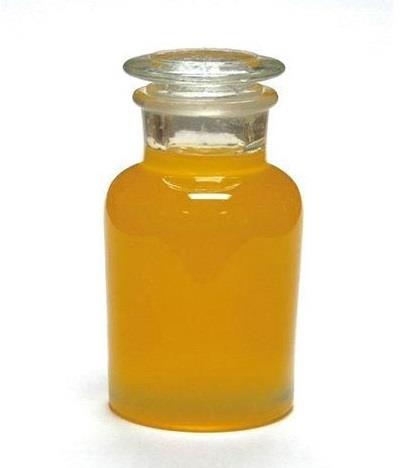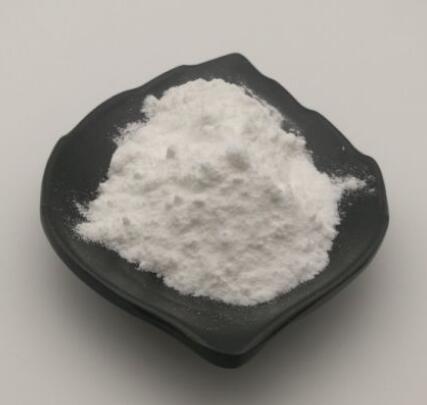Uses of Cromolyn
Cromolyn is a synthetic analog of the plant extract khellin that was first developed in the late 1960s and introduced into clinical practice the following decade. It is continued to be used widely in the treatment of allergic rhinitis, asthma, mastocytosis, and conjunctivitis. It has an outstanding safety profile and can be readily obtained without prescription in many countries.

History
Cromolyn sodium was discovered in 1965 by Roger Altounyan who was himself a lifelong asthma sufferer. It is considered a breakthrough drug in management of asthma, as the patients can be freed from steroids in many cases; however, it is mainly effective as a prophylaxis for allergic and exercise-induced asthma, not as a treatment for acute attacks. Altounyan was investigating certain plants and herbs which have bronchodilating properties. One such plant was khella (Ammi visnaga) which had been used as a muscle relaxant since ancient times in Egypt. Altounyan deliberately inhaled derivatives of the active ingredient khellin to determine if they could block his asthma attacks. After several years of trial he isolated an effective and safe asthma-preventing compound called cromolyn sodium.
Uses
1. Bronchial asthma: Sod. cromoglycate is a long-term prophylactic in mild-to-moderate asthma. Decrease in the frequency and severity of attacks is more likely in extrinsic (atopic) and exercise-induced asthma, especially in younger patients. Therapeutic benefit (when it occurs) develops slowly over 2–4 weeks and lasts 1–2 weeks after discontinuing. However, it is less effective than inhaled steroids and is seldom used now.
2. Allergic rhinitis: Cromoglycate is not a nasal decongestant, but regular 4 times daily use as a nasal spray produces some symptomatic improvement in many patients after 4–6 weeks. The need for nasal decongestants may be reduced.
3. Allergic conjunctivitis: Regular use as eye drops is beneficial in some chronic cases.
4. Mast cell activation syndrome
Mechanism
Cromolyn is a mast cell stabilizer and typically marketed as the sodium salt in the United States. It is typically found in solution as a clear and colorless liquid. Cromolyn is soluble in water and the solution is completely soluble in water.
The major prophylactic effect of cromolyn is centered on inhibition of the degranulation of pulmonary mast cells causing a reduction in histamine release, reduced leukotriene production, and inhibition of release of inflammatory mediators from several cell types.
You may like
Lastest Price from Cromoglicic acid manufacturers

US $8.00-1.00/KG2024-03-29
- CAS:
- 16110-51-3
- Min. Order:
- 1KG
- Purity:
- 99%
- Supply Ability:
- g-kg-tons, free sample is available


